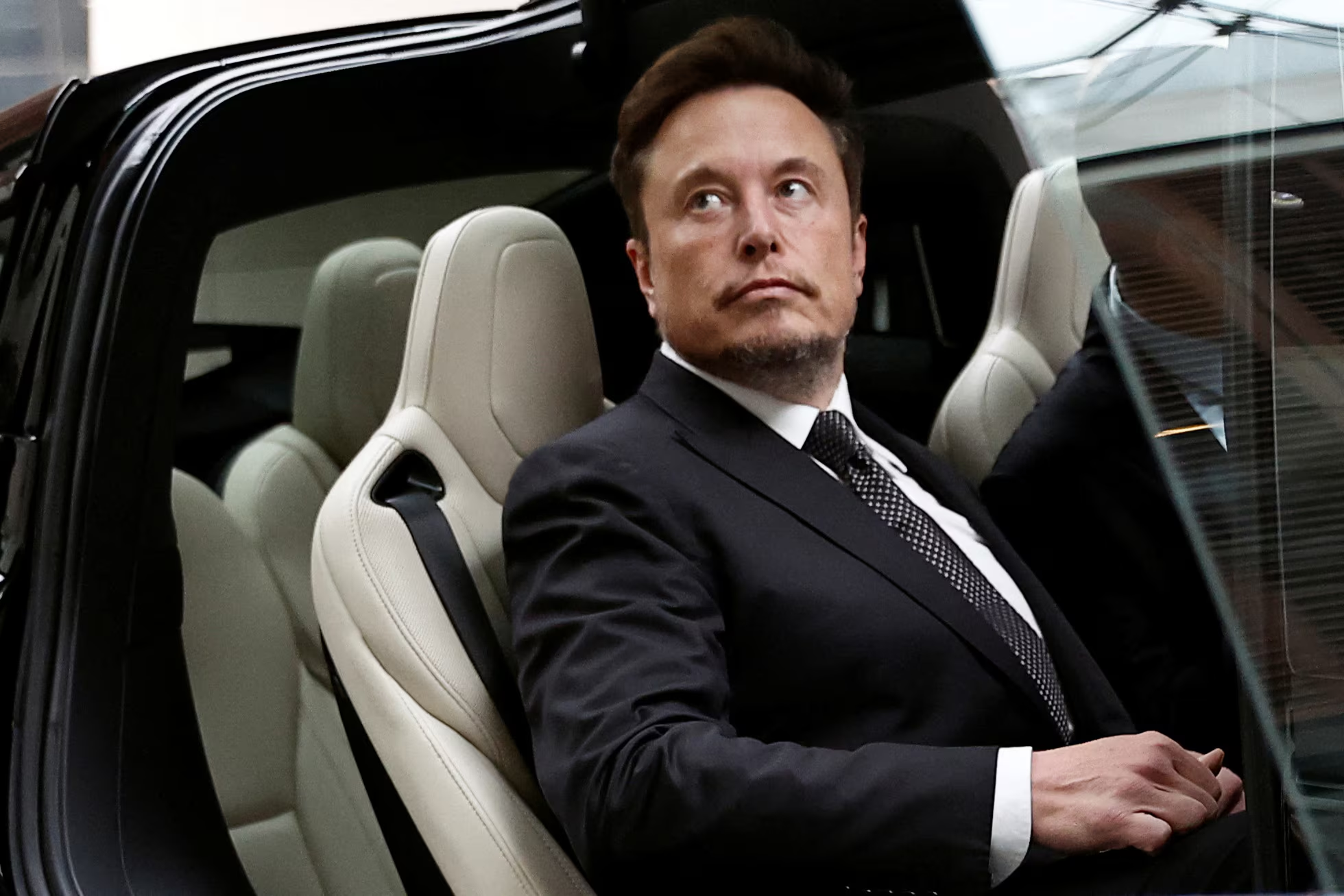The recent announcement that President-Elect Donald Trump has appointed Elon Musk and Vivek Ramaswamy to lead a newly created “Department of Government Efficiency” has sparked intense debate. The move formalizes Musk’s involvement in the administration, following months of speculation and increasing alignment between the billionaire and the former president. But what does this mean for the future of governance and regulatory oversight in the U.S.?
A Government Efficiency Crusade?
Trump and Musk’s partnership has been growing steadily, with Musk not only contributing over $100 million to Trump’s campaign but also vocally supporting his reelection bid. Their discussions about a government efficiency commission began in August when Musk proposed conducting a full financial and performance audit of the federal government. Trump has since embraced the idea, positioning Musk as the lead figure in this initiative.
Musk’s appointment aligns with his well-documented disdain for bureaucracy and excessive regulation. He has openly criticized what he sees as wasteful government spending, even stating that there is “a lot of waste and needless regulation in government that needs to go.” His willingness to take on a role within the administration underscores his commitment to reshaping how taxpayer money is utilized.
The Case for Musk’s Leadership
Supporters argue that Musk’s experience as a serial entrepreneur and innovator uniquely qualifies him for the role. His track record at Tesla, SpaceX, and other ventures demonstrates his ability to streamline operations, cut inefficiencies, and drive ambitious projects forward. If he applies the same rigor to the federal government, proponents believe he could uncover and eliminate wasteful spending while modernizing governmental processes.
Furthermore, Musk’s unfiltered, data-driven approach could introduce a level of transparency and accountability that many taxpayers would welcome. His presence might also serve as a counterbalance to entrenched political interests that resist change.

Potential Pitfalls and Concerns
However, this move is not without its risks. Government efficiency is vastly different from running a private enterprise. While Musk thrives in an environment where he has significant control, the complexities of bureaucratic processes, legislative constraints, and political considerations may limit his effectiveness. Additionally, concerns over potential conflicts of interest loom large—would Musk’s role in shaping government policies create advantages for his own companies?
Another challenge lies in Musk’s history of controversial decision-making and unpredictable behavior. His tenure at Twitter (now X) was marked by abrupt leadership changes and policy reversals, raising questions about his ability to manage large-scale governmental reforms with the required level of stability and foresight.
A Precedent or an Outlier?
Trump’s decision to create this role and hand it to Musk signals an unorthodox approach to governance. If successful, it could set a precedent for leveraging business leaders to drive public-sector efficiency. However, if it falters, it may reinforce skepticism about outsourcing government oversight to billionaires with vested interests.
